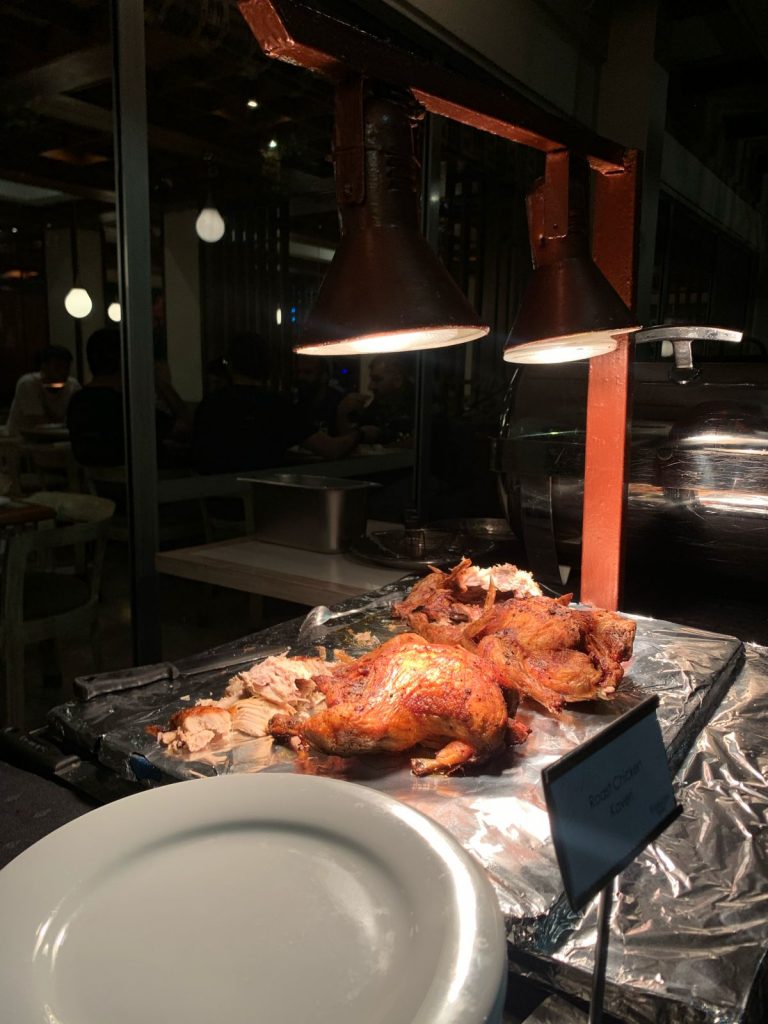Don't Overthink
It's only natural to feel unstable when you hear something like this, but try to stay as calm as possible. Overthinking might lead you to jump into conclusions about what might happen in the near future and that's unhealthy. Keep yourself collected, without letting your thoughts fly away, so you can focus and think clearly about what you should do right now.
Call 117/1999
The government has two dedicated helplines, 117 and 1999 to handle your COVID-19 related inquiries, and they're available 24/7. You can connect with public health officials through these numbers and obtain details about symptoms to watch out for, the tips and steps of properly self quarantining yourself, and how to get yourself tested and proceed if the symptoms appear. Make sure to give them the specifics, about your proximity of the neighbour who was identified as a confirmed COVID-19 case, and other background details so they can provide you with more accurate help.
Or, you can reach out to the Medical Officer of Health (MOH), Regional Epidemiologist, or Public Health Inspector (PHI) in the area as well. They'd visit you to check the background, assess the risk and advise about the necessary precautions.
Keep Practising Prevention Methods
From washing your hands to covering coughs and sneezes with your elbow/tissue, you're already practising the basic COVID-19 prevention methods, and you should continue to do so. Plus, it's possible that there are frequently touched surfaces in your home that had been contaminated with the virus (if that neighbour/family member of the neighbour has personally visited your place). Make sure you clean them properly with a hand sanitiser.
Avoid Going Out
 So you're not exposed to the virus yet, but you can be. Like we stated previously, the government has been imposing curfews and declaring public holidays to limit your capacity of going out, and you should respect that.
So you're not exposed to the virus yet, but you can be. Like we stated previously, the government has been imposing curfews and declaring public holidays to limit your capacity of going out, and you should respect that.
Given that there had been a positive COVID-19 case in your neighbourhood, there is no telling whether the virus is still in the air that you breathe. So it's best that you stay at home as much as possible at least for 14 days. If you do happen to go out by any chance, keep at least 1m distance in the crowds, and avoid crowds altogether if it's possible.
The Centers for Disease Control and Prevention (CDC) states that poorly ventilated rooms can put people at an increased risk for the virus. Therefore, when you pick a room to self-quarantine yourself, make sure that it's properly ventilated. You can follow this guide on what you should do if you have a reasonable doubt that you're infected with the virus.











